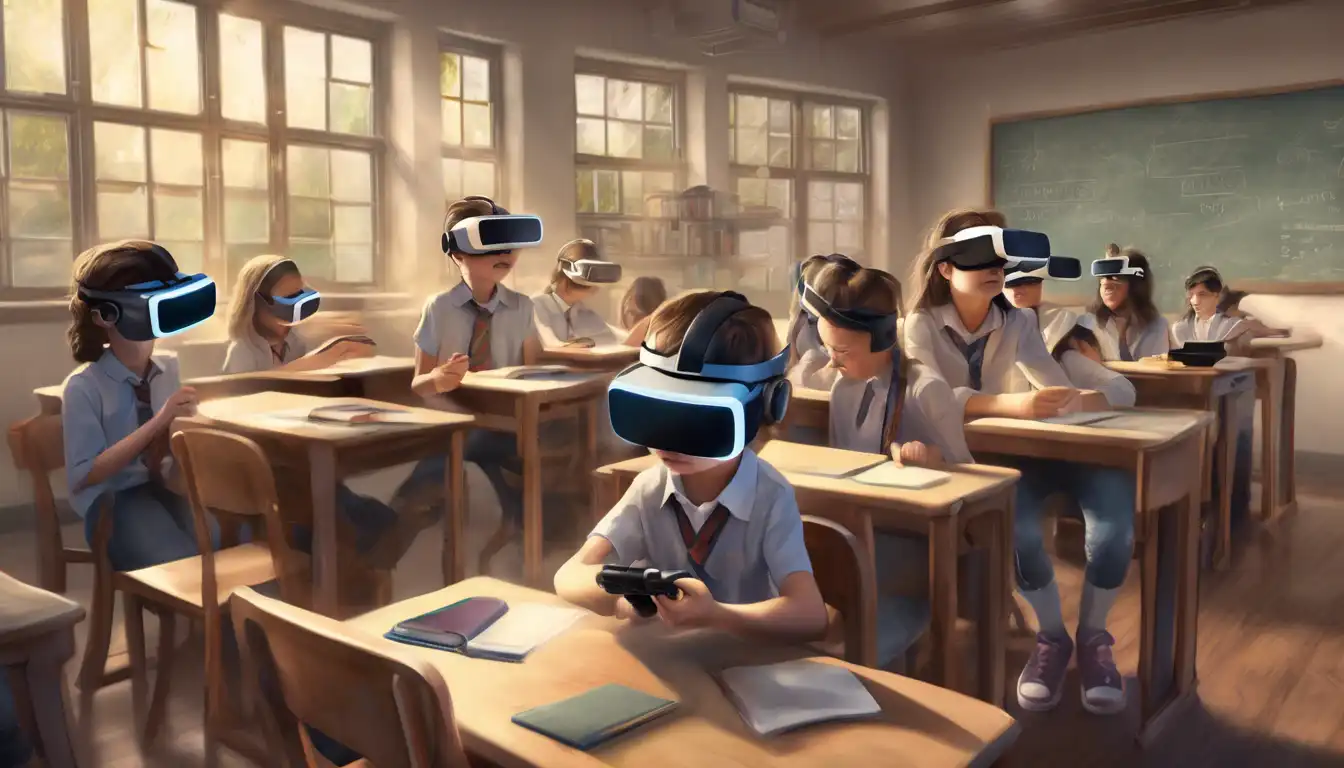The Transformative Impact of Virtual Reality in Learning Environments
Virtual Reality (VR) technology is revolutionizing the educational landscape, offering immersive learning experiences that were once unimaginable. By simulating real-world environments, VR provides students with the opportunity to explore complex concepts in a hands-on manner, enhancing understanding and retention.
Why VR is a Game-Changer in Education
VR's ability to create immersive, interactive environments makes it a powerful tool for education. It allows students to visualize and interact with 3D models, travel to historical sites, or even dissect virtual organisms, all from the safety of their classroom. This not only makes learning more engaging but also accessible to students regardless of their physical location.
Benefits of VR in Educational Settings
- Enhanced Engagement: VR captivates students' attention like no other medium, making learning more enjoyable and effective.
- Improved Retention: The immersive nature of VR helps students retain information longer by experiencing rather than just reading or listening.
- Accessibility: VR can bring distant or inaccessible locations and experiences right into the classroom, breaking down geographical and physical barriers.
- Safe Learning Environment: VR provides a risk-free platform for students to practice skills, from surgical procedures to public speaking.
Implementing VR in Schools: Challenges and Solutions
Despite its potential, integrating VR into education comes with challenges, including high costs and the need for technical expertise. However, solutions such as shared VR labs and partnerships with tech companies can make VR more accessible to schools. Additionally, teacher training programs are essential to maximize the benefits of VR in education.
The Future of VR in Education
As VR technology becomes more affordable and widespread, its role in education is set to expand. Future developments could include more personalized learning experiences and the integration of AI to adapt VR content to individual students' needs. The potential of VR in education is limitless, promising a future where learning is more interactive, engaging, and effective than ever before.
For more insights into innovative learning technologies, explore our EdTech Trends section.
